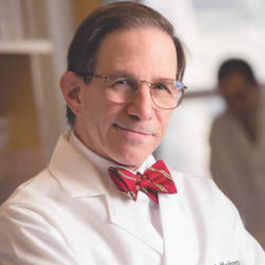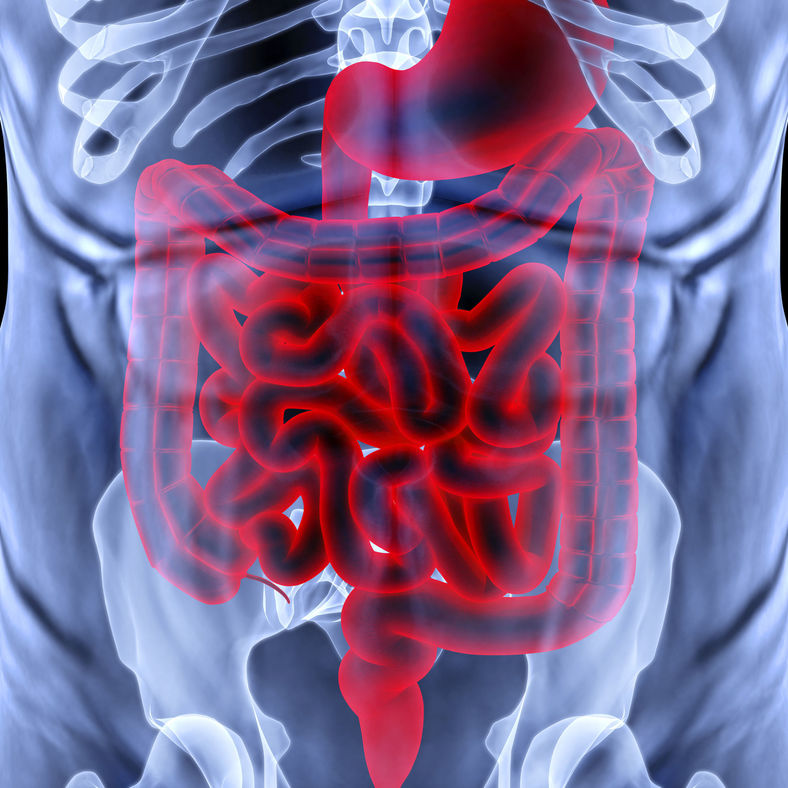Calls Now Open
2024 ADDF-Harrington + 2025 Harrington Scholar-Innovator Programs

Cardiovascular, Gastroenterology, Oncology
Case Western Reserve University
Harrington Scholar-Innovator
Oncology
Whether it affects one directly by diagnosis, or indirectly with a loved one’s diagnosis, cancer touches everyone. Cancer is the leading cause of death worldwide, accounting for 10 million deaths in 2020. After his father developed colon cancer, Dr. Markowitz dedicated his research to developing better treatments for cancer by understanding the genetic basis that makes one predisposed to the disease.

Dr. Markowitz and his team developed a small molecule to inhibit an enzyme 15-prostaglandin dehydrogenase (15-PGDH). 15-PGDH degrades prostaglandin E2, and inhibiting the enzyme invivo can potentiate injured tissue to repair damage from disease. The molecule is aimed at a pathway conserved in multiple organs, in which prostaglandin E2 speaks to the stem cells in damaged tissues to potentiate their ability to repair the tissue damage.
After receiving the Harrington Scholar-Innovator award in 2013, Dr. Markowitz’s goal was to take the first generation 15-PGDH inhibitor and turn it into something more drug-like, with improved chemistry, solubility, bioavailability, and stability, and begin to explore the toxicology of the on-target and the off-target toxicology.
With the second generation compounds completed during the Harrington award period, Dr. Markowitz was able to show in animal models—mouse colitis, liver regeneration, and bone and marrow transplant—that either genetic knockout of the degradation pathway or providing the small molecule inhibitors enabled multiple different damaged tissues to repair themselves efficiently.
A year after the Scholar-Innovator award term ended, Dr. Markowitz was able to license their program out and form a new start-up company called Rodeo Therapeutics. They worked with Rodeo Therapeutics for three years, which resulted in 3rd and 4th generation compounds, as well as invivo toxicology in rodents and dogs.
In April 2021, Rodeo was acquired by AMGEN, a biotechnology and pharmaceutical company.
Dr. Markowitz’s hopeful next step for his drug is to take it to human trials.
“The company was based on work our team published in Science, but in truth, the crucial catalytic step was the support I first received from the Harrington Discovery Institute that provided the financial resources and indispensable mentoring and guidance in how to move an idea from the lab into the drug development pipeline.”